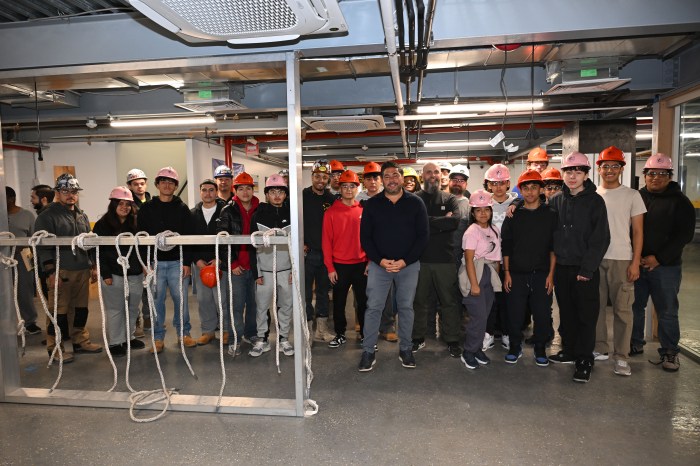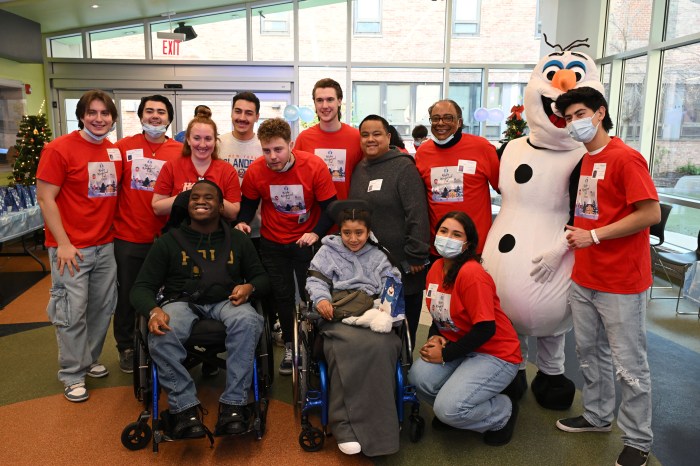Public protest proved to be in vain, as the Department of Youth and Community Development announced that seven Beacon city-wide programs will close their doors in July.
Founded in 1991, the 80 Beacon programs existing throughout New York City as a subset of Queens Community House are “youth-development centers” providing year-round, complementary services, specializing in young people ages six to 21 and focusing on leadership and skills growth.
Beacons operate after school, on weekends, school holidays, and throughout the summer, representing a program model that has been adopted in over 10 cities across the country. Each Beacon program serves roughly 800 youth and adults.
Queens Community House is a network of social service providers assisting residents with benefits such as tutoring and athletics, as well as classes for General Education Diploma (GED) and English for Speakers of Other Languages (ESOL).
The Beacons set to be shut down are Phipps Community Development at I.S. 192 in the Bronx; Heart Share Human Services at I.S. 259 in Brooklyn; Stanley M. Isaacs Neighborhood Center at P.S. 198 in Manhattan; Hudson Guild at M.S. 414 in Manhattan; Queens Community House at J.H.S. 190 in Queens; Samuel Field Y at M.S. 158 in Queens; and Tottenville High School Jewish Community Center of Staten Island in Staten Island.
When a list of 16 potentially closing settlement houses was compiled earlier in 2012, Patrick Pinchinat, Director of Queens Community House Beacon Program at J.H.S. 190, said the center is at-risk because it resides in “low-needs zone,” – an area with a relatively low poverty rate and average socio-economic standing.
Dr. Steven Goodman, Executive VP and Chief Executive Officer of the Samuel Field Y M.S. 158 Beacon Program, was surprised that this decision was made so early in the budgeting process.
In response to the surrounding area being deemed a “low-needs zone,” Goodman claimed that when the program was established in Little Neck in the early 1990s, it desperately needed its services.
“The bottom line is that we were successful in turning the community around and sustaining it,” said Goodman. “Youth crime has declined tremendously. Academic improvement has inclined. Parents faced with hard economic times have been able to go back to work without being concerned with child care. It has encouraged parents to seek employment and better paying jobs. Now two parents can work instead of one.”
According to a representative from the mayor’s office, the closures are attributable to “painful funding decisions.”
“We are committed to providing the quality programming on which so many rely, and will work within our means to continue to provide them,” said the representative.
The elimination of these programs is expected to save the city approximately $2.1 million in the 2013 Fiscal Year.
According to Goodman, before the final budget is decided on, representatives from the closing Beacons will have a chance to express how much this will affect their communities.
“We will stand together and stand firm to get our message out,” said Goodman. “We hope that all seven Beacons can make something happen. Optimism isn’t enough. It’s going to take a lot of hard work.”



































